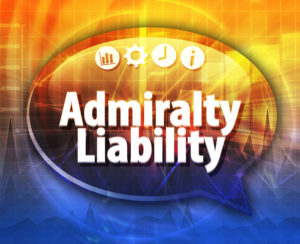
The writer who makes the defamatory statement in any form, whether written, on signs, in books, in newspapers, in other media, or in any type of publication could be charged with criminal libel. In addition to the writer being charged, there are also circumstances in which editors or publishers are charged as well. Nevada Revised Statute section 200.530 explains the circumstances under which an editor or a publisher is held liable.
If you are a writer, editor, or publisher and you are facing charges of libel, you need to take the criminal charges very seriously. You have legal rights and you should reach out to a Las Vegas criminal defense lawyer who is familiar with libel cases and who can help you to fight the serious accusations against you.
LV Criminal Defense has provided representation to defendants accused of all different types of crimes against persons that have been made illegal in Chapter 200 of Nevada’s criminal code. Our legal team will work closely with you to develop the right legal strategy and we will put our legal experience to work in carrying out that strategy on your behalf to fight for your future. To find out more about how we can help, give us a call today.
If a prosecutor brings charges against an editor or a publisher, the prosecutor must prove that libel occurred because a defamatory statement was made in violation of N.R.S. 200.510. If the statement that was made was true, evidence of its truth can be introduced in court and the jury can acquit the defendant of the libel if the jury believes the information is true and was distributed for a lawful purpose.
If the prosecutor has brought charges against an editor or a publisher, the prosecutor must show that the individual can be charged under N.R.S. 200.530. Editors, proprietors of books, proprietors of newspapers and serials, and managers or copartnerships of corporations that issue the book, newspaper or serial, could all be held liable for the publication of the libel.
Nick Wooldridge has a long track record of representing clients accused of serious federal and state crimes in Nevada.
However, when a publisher or editor is being prosecuted for libel, the prosecutor or publisher can show in his or her defense that the defamation was published without the editor or publisher’s knowledge or fault. The publisher or editor could also show that the defamation was published against his or her wishes by someone who did not have the authority to publish. In order for this defense to be successful, the publisher or editor would also have to show that the defamation was retracted as soon as the publication was known and that the retraction received the same level of publicity as the original defamatory statement.
LV Criminal Defense can provide assistance in fighting criminal charges in connection with libel. We can help you to determine the best approach to take to respond to charges and can represent you both in court and during the negotiation of a plea agreement to reduce penalties. To find out more about how a Nevada criminal defense attorney at our firm can help you, give us a call today.